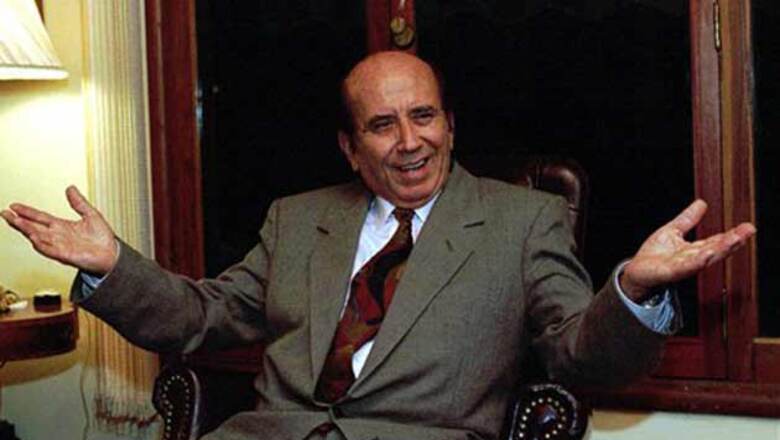
views
Miami: Former Venezuelan President Carlos Andres Perez, whose popularity soared with his country's oil-based economy but who later faced riots, a severe economic downturn and impeachment in his homeland, has died in Miami, his family said.
The 88-year-old Perez's daughter, Maria Francia Perez, said on Saturday her father had died in a Miami area hospital.
"He was happy and well when he awoke this morning. Suddenly he had difficulty breathing," she told The Associated Press by telephone.
She said her father was rushed by the family to the hospital, where he died on Saturday afternoon. Venezuelan TV channel Globovision had quoted the daughter initially in reporting Perez had suffered a heart attack but she denied that to AP, citing "respiratory failure."
In the final years of his life, Perez came to personify the old guard Venezuelan political establishment bitterly opposed by current President Hugo Chavez. Perez survived two coup attempts in 1992, the first led by Chavez, who was then a young army lieutenant colonel.
In recent years, Perez lived in Miami while the Venezuelan government demanded he be turned over to stand trial for his role in quelling bloody 1989 riots. President, who governed Venezuela from 1974-79 and again from 1989-93 denied wrongdoing.
His other daughter, Cecilia Victoria Perez, told AP late on Saturday that a funeral service and burial are being planned in South Florida and details would be disclosed once arrangements were complete. She said the family would not return the remains to Venezuela at this time.
"Everything is going to be here in Miami," she said of the planned funeral and burial. "His desire was to go back to Venezuela, but this is not going to happen at least until there's a change of government."
In his first term, Perez won praise by nationalizing Venezuela's oil industry, paying off foreign oil companies and then capitalising on a period of prosperity that allowed his government to build subway lines, bankroll new social programs and set up state-run companies in areas from steel to electricity.
He became one of Latin America's most prominent political
leaders, popularly known after his initials as "CAP."












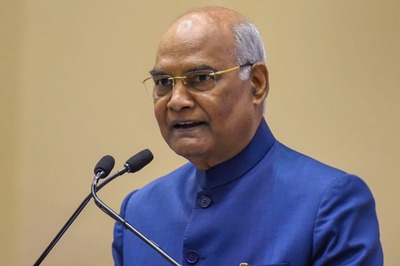
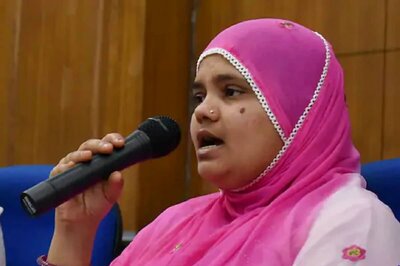



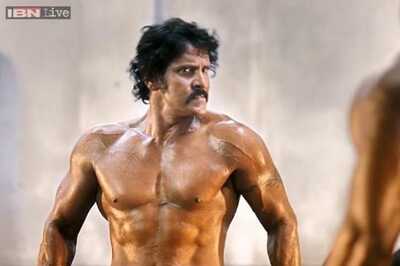

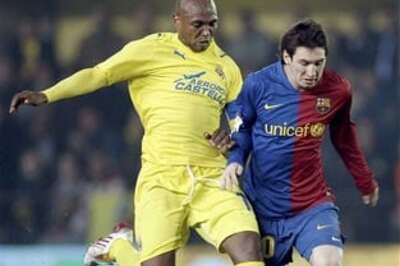
Comments
0 comment